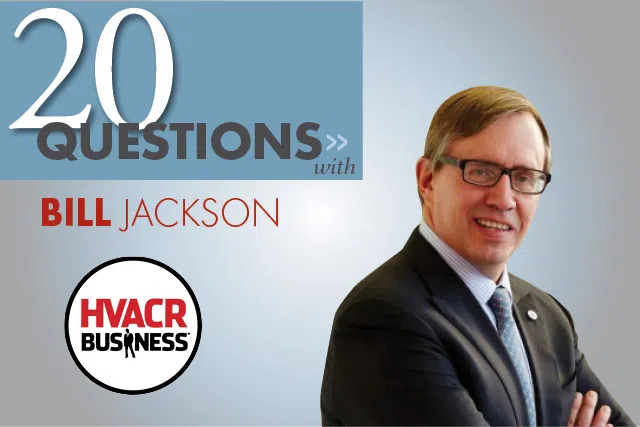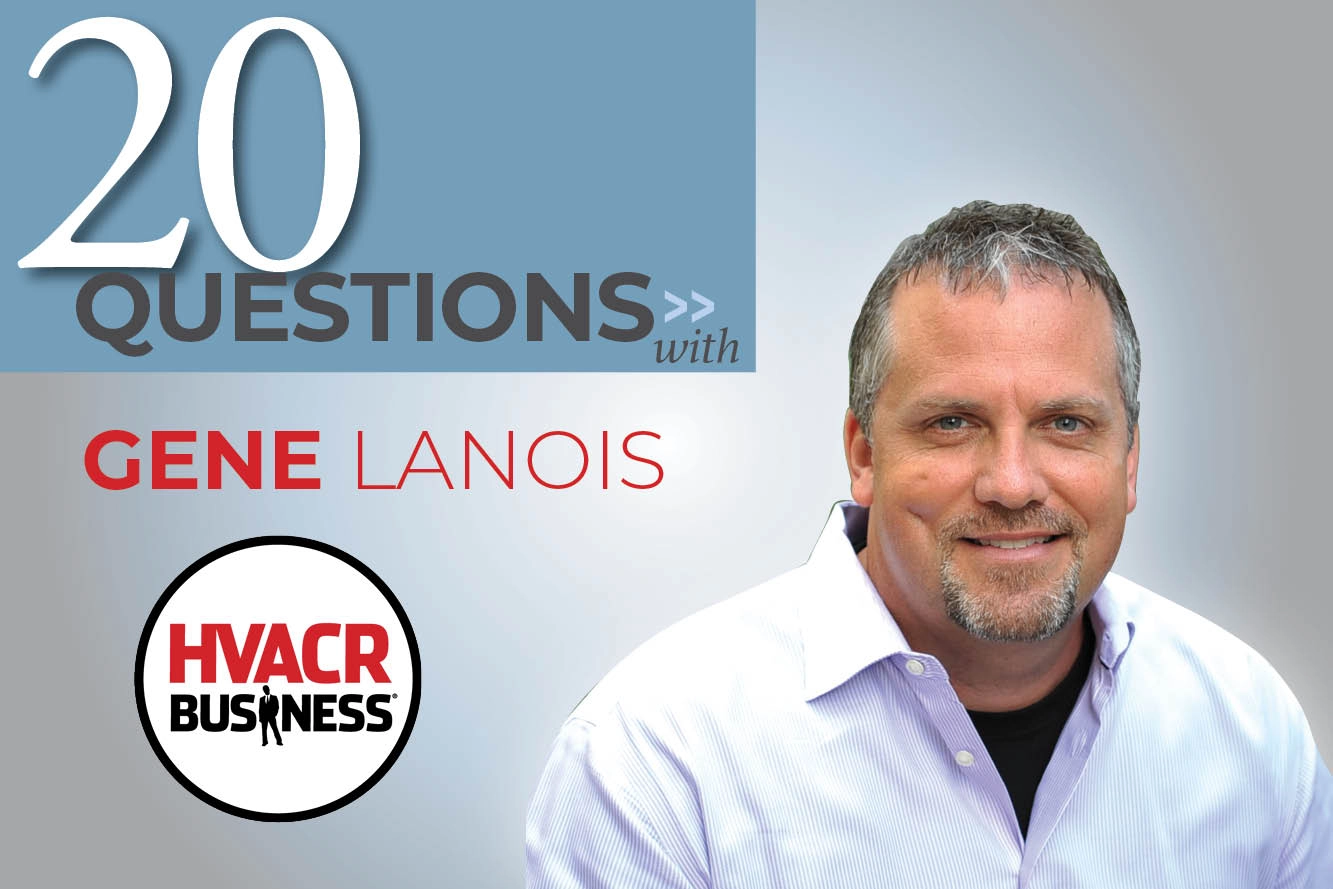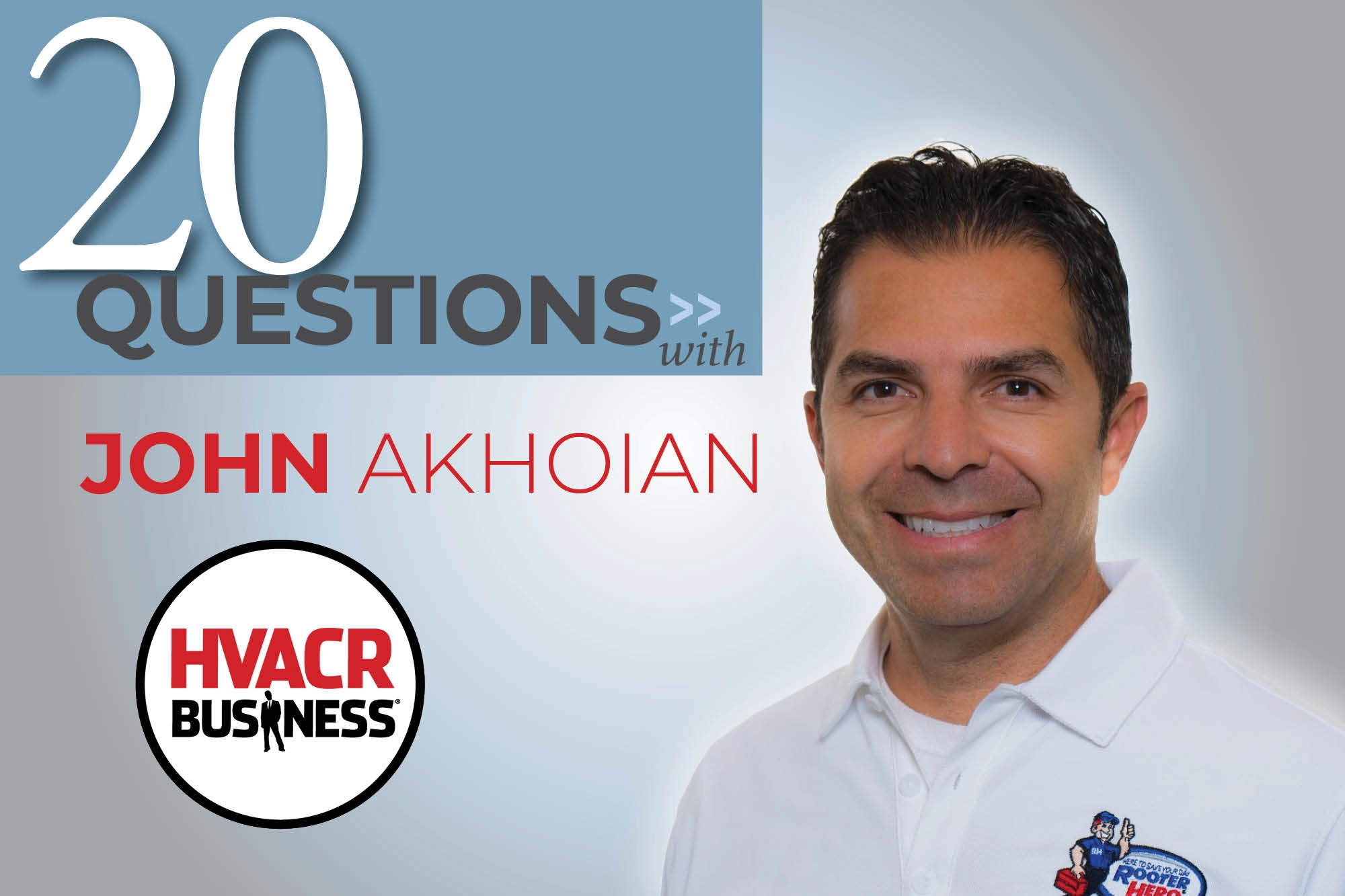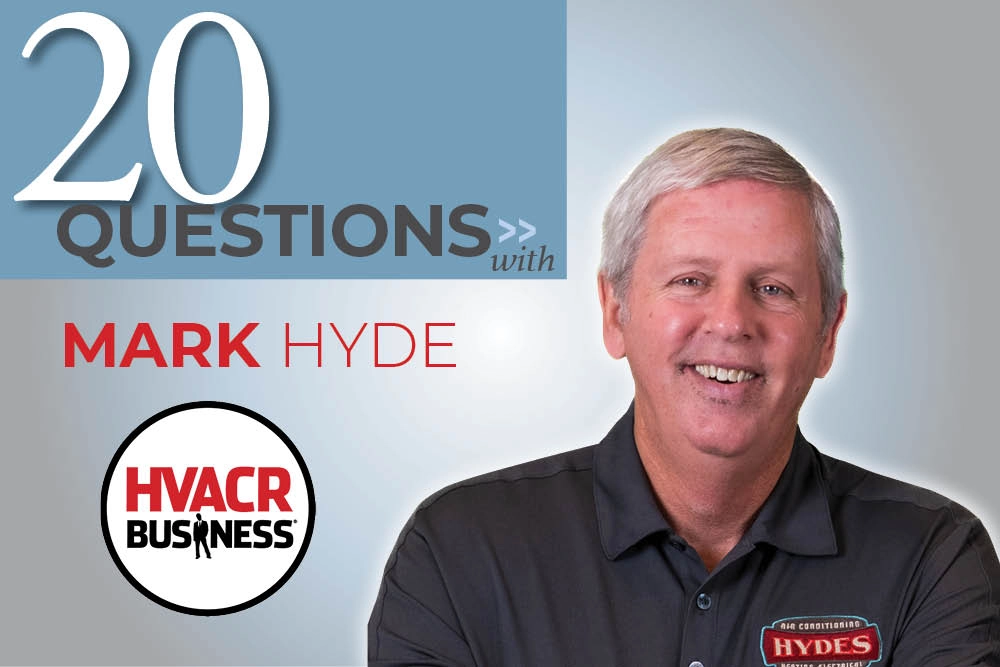Terry Tanker met with Bill Jackson, president of global products, building technologies & solutions for Johnson Controls, at its headquarters in Milwaukee. The two discussed leading and managing a global business, the importance of communications, accountability, serving your customers and more.
1. Where would we find you on the weekend?
Working around the house, which is on a bluff where I like to garden. I like spending time with our girls, taking walks or riding bikes with my wife and going out with friends.
2. Do you have any unusual hobbies?
I love everything about business. I’ve started a few companies and made a number of investments in smaller ones. I have two now that are fun. One imports scooters from Asia and has a network of distributors across the U.S. The other is a bit more serious; it’s a drug company that makes and distributes surfactants to neonatal care units.
3. Where did you go to school?
My father, uncles and sister all attended Illinois. It was far enough from home that no one could just drop in [laughs]. So it was an easy choice and a great school. I received my MBA from the University of Chicago while working for General Dynamics doing research on fighter aircraft. They wanted me to go — and they paid for it. How could I say no?
4. What were you doing before coming to JCI?
I was with a consulting firm for 20 years, and JCI was a client since 1994. I helped them with acquisitions, integrations, turnarounds, etc. I was well versed in the company before joining them. It’s a special place that stood out among other clients.
5. What’s the key to winning in business?
Customers are the arbiter of what’s great and what’s just okay. We talk about building a customer-centric culture. If you don’t serve customers in their preferred way, your competitors will — and then you don’t win the game. You have to design your whole business model around that understanding.
6. How would a contractor do this?
Contractors have to answer one question: How can they serve their customers better than their competitors? If answered and executed correctly, you’re playing offense. To achieve this, you must build a reputation for delivering what customers want at levels that exceed expectations.
7. How would you summarize recent changes at Johnson Controls?
Since JCI and Tyco came together last year, our overall portfolio of HVACR, energy management, fire protection and security allow us to now offer our customers a broader range of buildings solutions. As building technology converges, we’re in position to solve facility challenges for customers.
8. What were some of the biggest changes?
We reorganized our product and field businesses and built a new operating model. Since the merger, we’re focused on local-market performance. Even though we’re a global company, we realize this is a local business.
9. How do you plan for the unknown?
Our footprint is global and “surprises” happen. There are always unknowns. We expect our local and regional leaders to be ready to make any needed adjustments. If something really big happens, we address it collectively and decide upon a course of action.
10. You have a saying: “usual-unusuals” — what does that mean?
[Laughs] John Barth, the former CEO of JCI, said this. It means that every month there will be some surprises. It’s our job, as leaders, to anticipate problems, address them and find ways to manage around them. Life’s not fair. Don’t give me excuses. Get busy and fix the problem.
11. What aspects of business do you enjoy most?
The people. When I see our team winning, I get more and more energized.
12. With such a large organization, what is your preferred communication tool?
I prefer either talking one-on-one or holding team meetings, but that’s not always possible. I’m not a fan of email, but we’re a global organization and it’s important to me to ensure our leaders have opportunities to voice their questions. Communication builds alignment, understanding and culture.
13. How do you communicate equally to all of the leaders?
I publish a letter outlining 10 goals. I also assess the good, the bad and the ugly for the year. I want to get alignment around what we have to do from everyone. And, with our weekly calls, I’m in communication quite often and it seems to works nicely.
14. Who’s the last person that impressed you or surprised you?
I’m truly impressed by what Bill and Melinda Gates are doing with their foundation. I had the privilege of listening to them speak, in person, on eradicating diseases. They’re impressive, passionate and driven.
15. What is your leadership philosophy?
I believe leadership is a privilege, a duty and a service — not an entitlement. The foundation is a service-based leadership model. Leadership is about behaviors, not personality. Leaders need to set the standards. We need to inspire our teams through a shared vision. To drive change, you have to bring our teams along and convince them the change is worth the pain.
16. Could you tell us about the Hitachi-JCI joint venture?
We started from zero in variable refrigerant flow (VRF) and needed a serious partner with the right technology and global scale — and that was Hitachi. They’re a great partner. The cultural integration has been a home run, and now we have world-class technology to offer our customers.
17. Why was it important for JCI to add VRF to its portfolio?
Chillers and VRF are great complements. VRF makes sense in a number of applications, but not all. It has some real advantages in the ability to condition smaller spaces. In the same way, chillers make sense in a number of building types. So it’s about matching the application to the problem.
18. What is your management forte?
Turning around businesses. Often, businesses evolve and become dysfunctional. The first step is setting a vision, grounded in good homework. Then, working as a team on relentless execution of goal(s).
19. How do you hold people accountable?
Through clarity and consistent follow up. Leaders know their roles. We measure leaders in both the near-term (make the financial plan) and longer term (gain share). Managing is about follow up and execution.
20. Do you have any parting managerial advice?
Put customers first. Every day, you have the opportunity to delight a customer. Go beyond their expectations — it builds your brand, your reputation and your business. Next, your business is your people — treat people with respect and develop them. Finally, values are the foundation to success in the long run.






